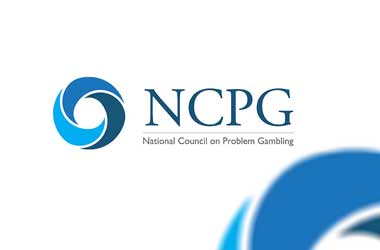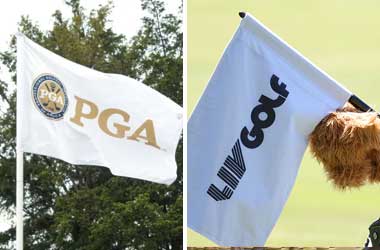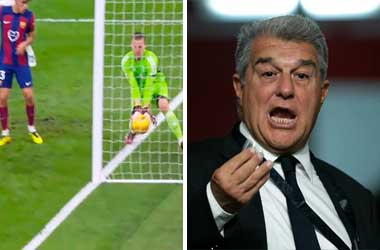 The sports betting market in the United States has expanded significantly since the Supreme Court struck down the Professional and Amateur Sports Protection Act of 1992 (PASPA) and ruled in favour of New Jersey in May 2018.
The sports betting market in the United States has expanded significantly since the Supreme Court struck down the Professional and Amateur Sports Protection Act of 1992 (PASPA) and ruled in favour of New Jersey in May 2018.
There are now twenty states that have legalized sports betting and have active sports betting markets. There are another eight states that have legalized sports betting but are yet to launch their sports betting markets. Multiple states are also in the process of discussing and debating sports betting bills that look to legalize betting in their states.
Most states have been keen on legalizing sports betting because it opens up a very lucrative market that generates a significant income in the form of betting taxes. Stats show that the U.S. sports betting market generated a total of $465 billion in 2020 and is expected to generate a lot more by the end of 2021.
The COVID-19 pandemic which caused a massive lockdown in the United States helped boost online sports betting activities. A number of anti-gambling opponents expressed concern that problem gambling stats will rise significantly as sports betting becomes legal across the country and due to the pandemic.
The National Council on Problem Gambling (NCPG) does not take a stance either way on gaming and sports betting legislation. The NCPG focuses more on players who are developing and battling with problem gambling symptoms. The NCPG has sent out a cautionary warning stating that most gamblers do not consider or report problem gambling traits but they have developed an urge to place sports bets and are struggling to control that urge.
All States Must Make Self-Exclusion Mandatory
A number of states have a self-exclusion program in place which requires their licensed betting operators to put in place self-exclusion tools that will allow their bettors to self-exclude themselves from betting. These self-exclusion mechanisms allow bettors to set limits with regards to time and money they spend at a sportsbook.
Bettors can impose a time limit of days, weeks, months which will prevent them from accessing all licensed sportsbooks. They can also impose a lifetime ban that will prevent them from accessing a sportsbook for the rest of their lives.
However, not all states have a self-exclusion program in place. The NCPG is pushing for self-exclusion to be made mandatory across all states in order to offer better protection to U.S. bettors.

 United States
United States United Kingdom
United Kingdom












